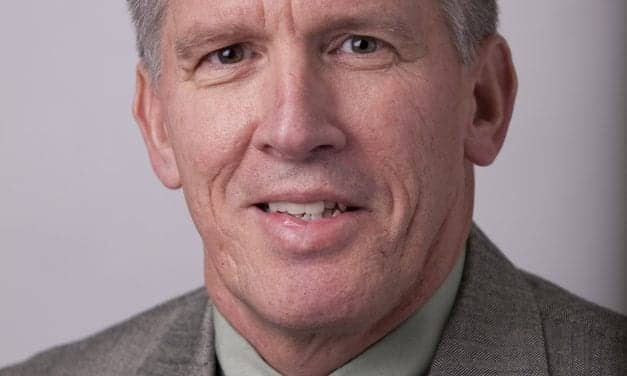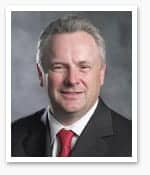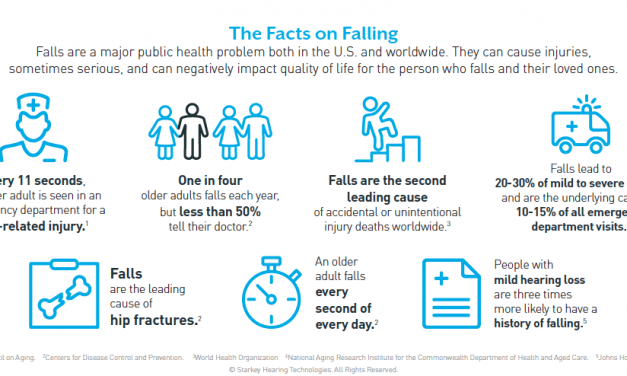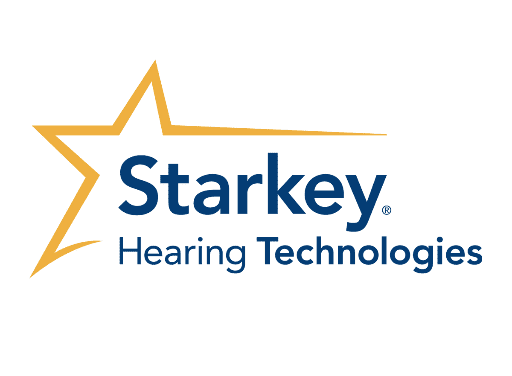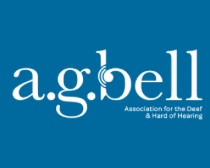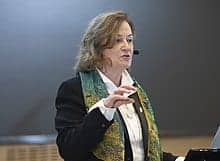Biosensors in Hearing Aids: Technology to Enable Daily Healthcare through Hearables
Biometric sensors will change what hearing aids and amplification devices do and how consumers think about them, says Kow Ping, founder and director of Well Being Digital (WBD101) which has developed a heart-rate and fitness sensor system. He provides his perspective on his industry’s race to appeal to consumers with normal-to-moderate hearing loss, and how amplification and biosensor devices will be merging.
Read More


